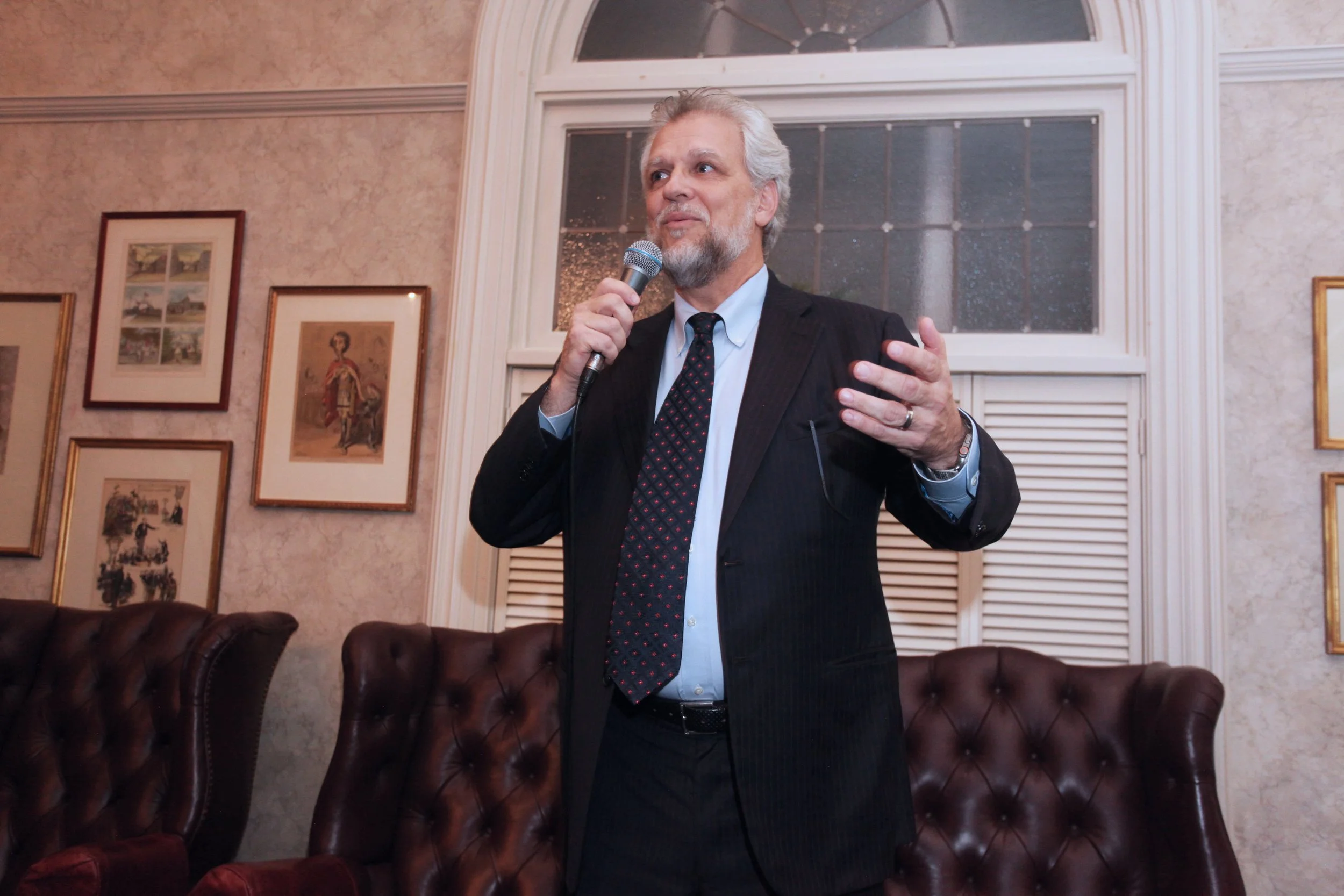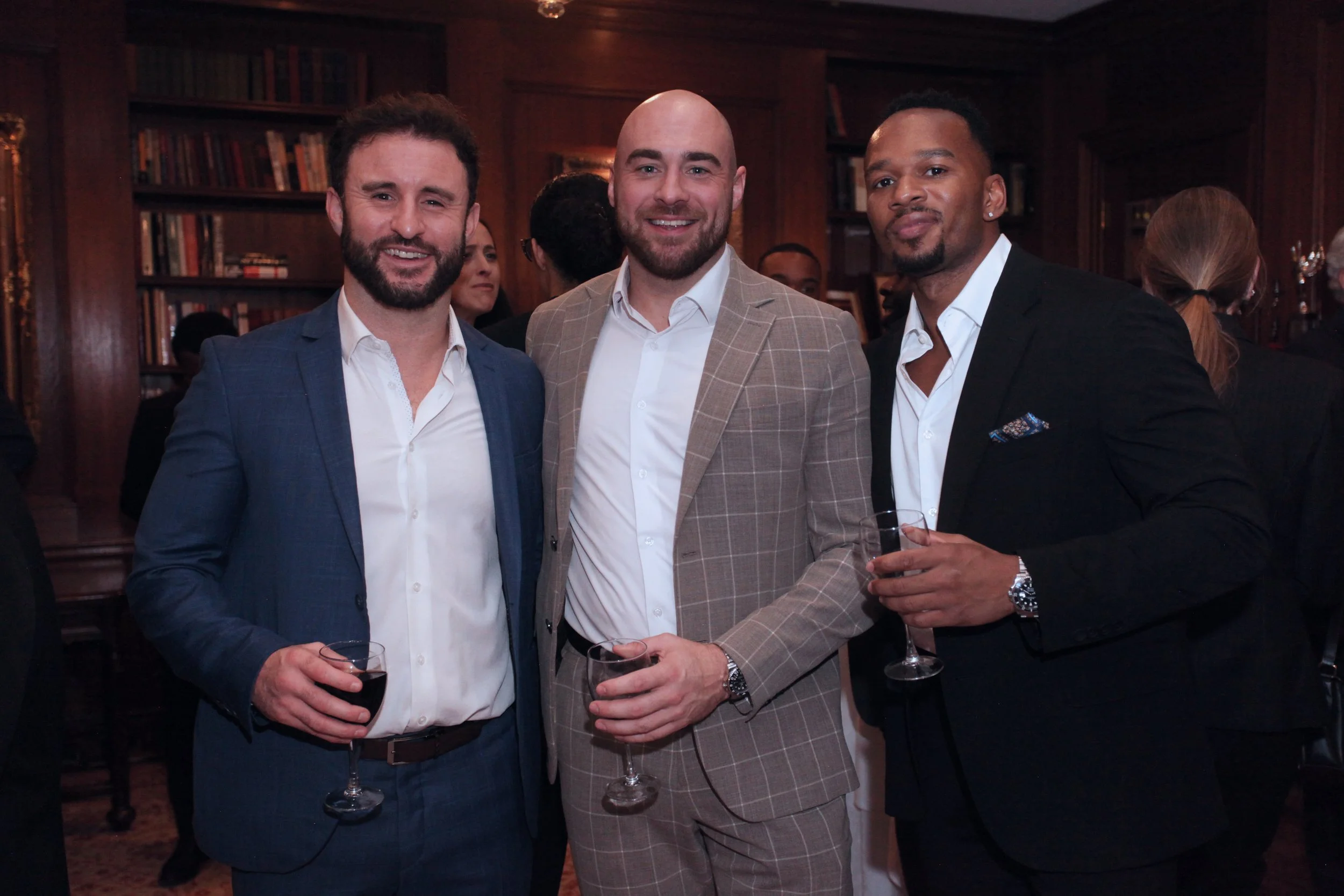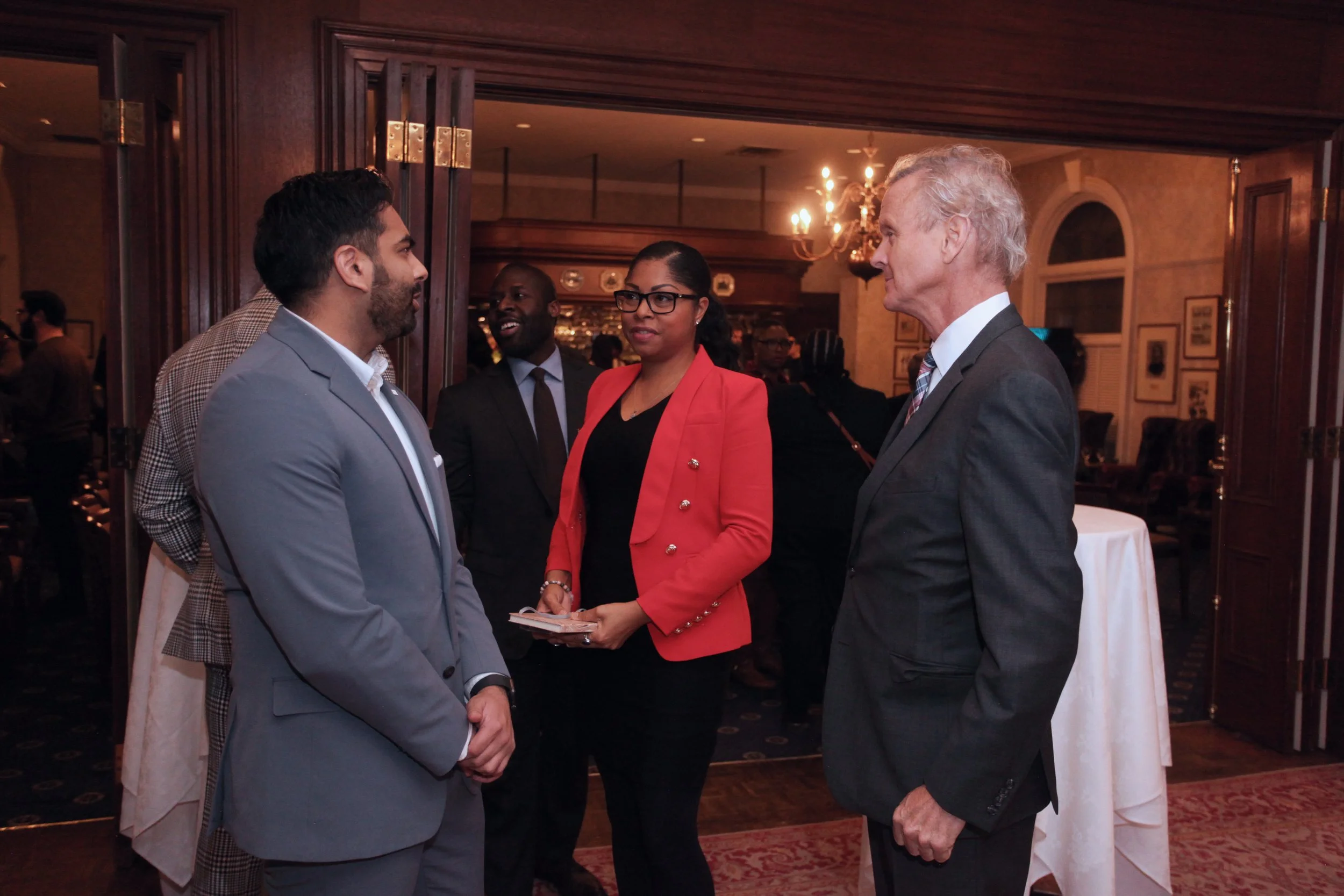Community & Impact
Amongst the attendees were senior & junior & legal counsel; general counsel, private practice associates and partners, and public sector and private sector lawyers who came together to find out how they can do their part to advance inclusion in the legal industry.
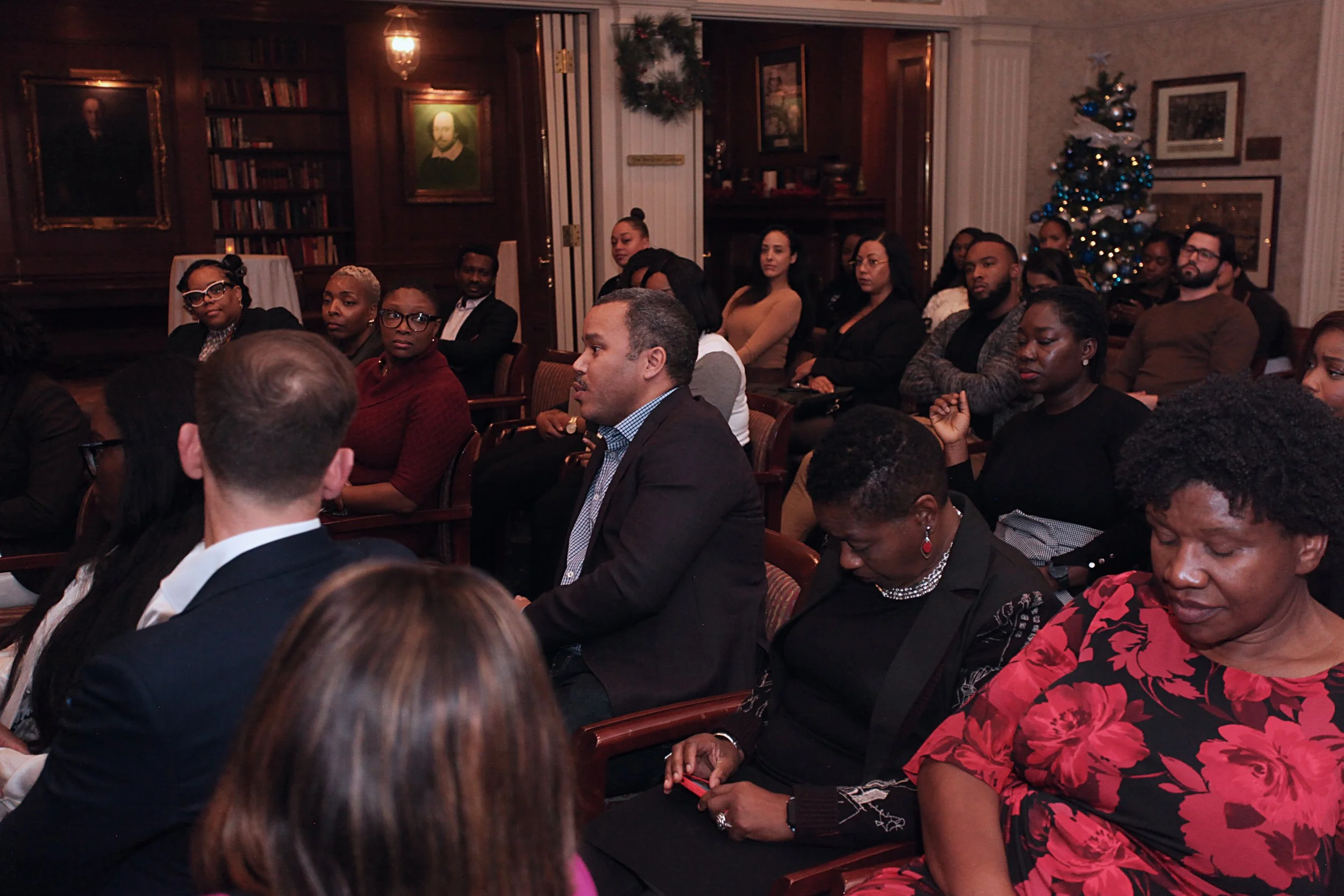
Shared Insights.
Albany Club: A Legacy of Inclusivity
For the first event, the evening commenced with a panelist elucidating the profound history of the Albany Club. Dating back to the 1800s, it holds the distinction of being the first club to embrace diversity by welcoming both women and black individuals into its fold. This historical perspective set the stage for a night of thought-provoking discussions.
IDEA in Law Firms: A Personal Touch
The panelists engaged in a discussion about IDEA (Inclusion, Diversity, Equity, and Accessibility) in law firms, with a poignant emphasis on representation. Qadira's perspective resonated strongly: diversity should extend beyond mere statistics; it should be about seeing lawyers who look like you, fostering a sense of connection and relatability.
Breaking Barriers in Senior Positions
Kyle shared anecdotes highlighting a pervasive challenge in the legal profession — while diversity may exist at lower levels, significant barriers still impede progress to senior positions. To address this, there was a call to enhance mentorship programs, with the suggestion of providing billable credit to partners mentoring senior associates.
Empowering Sole Practitioners
Monica, drawing from personal experience, advocated for lawyers, particularly those from underrepresented groups, to consider becoming sole practitioners. The assertion was that clients increasingly seek diversity, and going solo, especially with an established client base, could be a strategic move.
Overcoming Client Trust Barriers
A compelling perspective emerged from the audience, suggesting that clients should place trust in lawyers from minority groups, acknowledging the resilience and qualifications that often exceed those of their peers. The sentiment was that people of colour often overcome substantial adversity and, as a result, bring unique qualifications to the table.
A Call for Collaboration and Growth
Amidst these critical conversations, a heartening observation was the unity and willingness to collaborate. Attendees exchanged contact information, expressing a shared commitment to contribute to each other's growth. This spirit of cooperation underscored a collective desire to see everyone succeed and thrive in the legal profession.
In conclusion, the event at the Albany Club was not just a platform for dialogue; it was a catalyst for change. As the legal profession grapples with the imperative for diversity and inclusion, these conversations and the shared commitment to progress are promising signs for a more inclusive future.
Networking.
Purchasers of legal services, including heads of private equity firms, CFOs, and select folks like legal recruiters were also invited to get perspective on what a client-driven leadership will look like.
Collective Action.
The Blink Equity Score: Holding Firms Accountable
The discussion also touched upon the Blink Equity Score, a potential game-changer in promoting diversity. The Blink Score which is a racial diversity audit & ranking of law firms in Ontario that employ a complement of 50 lawyers. By using this score, firms can be held accountable, and clients can make informed decisions based on the diversity metrics of the firms they choose to engage with.
